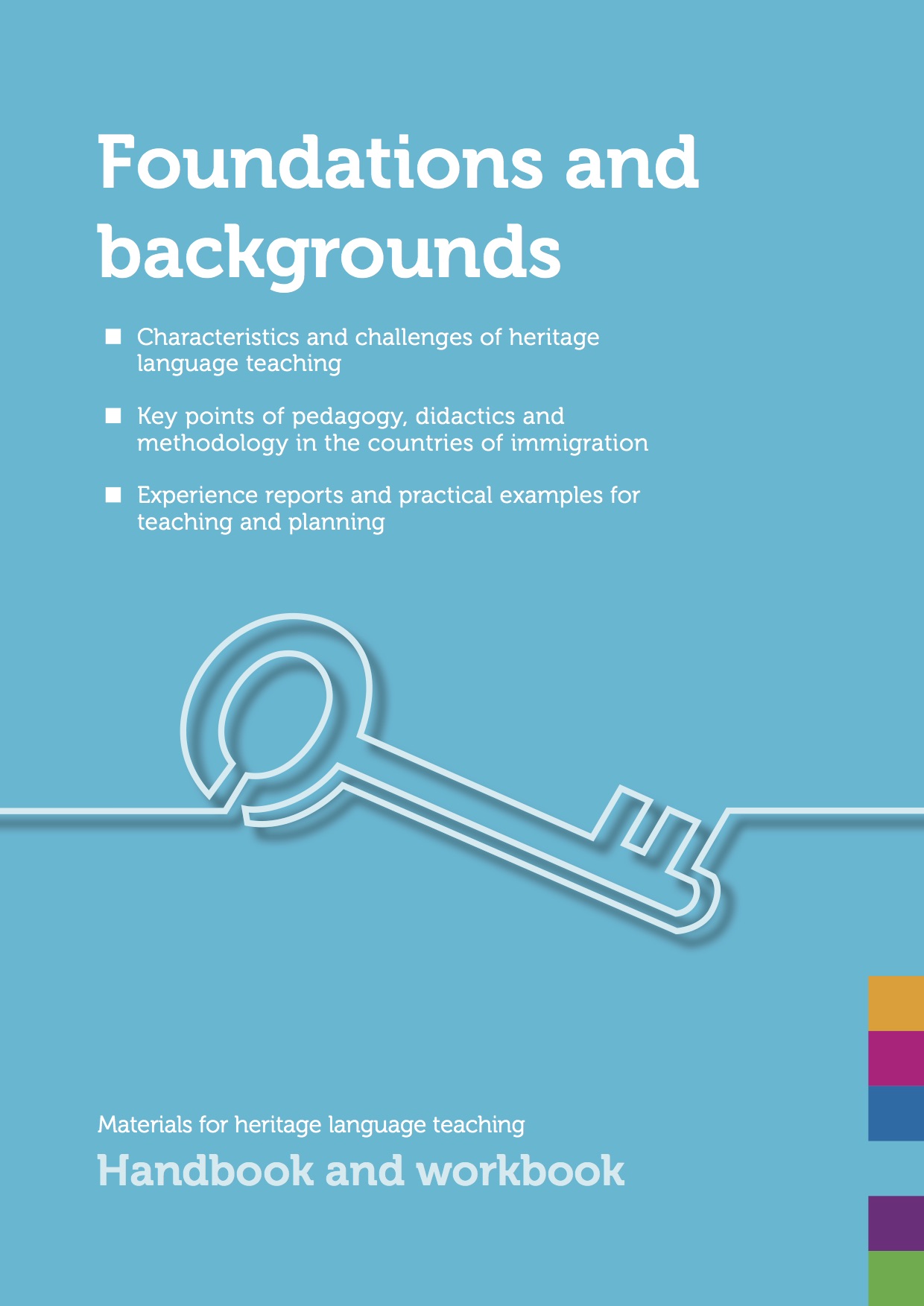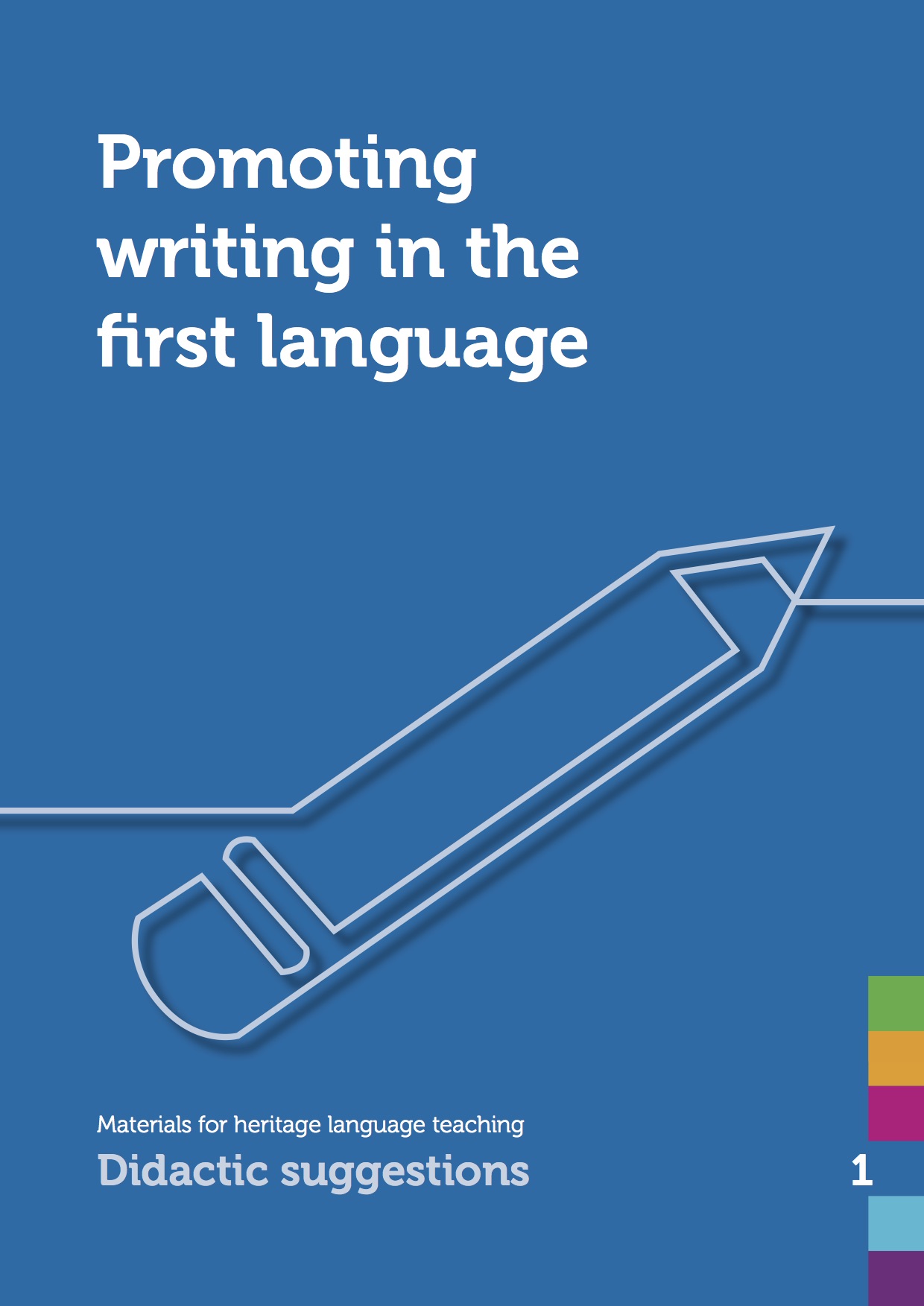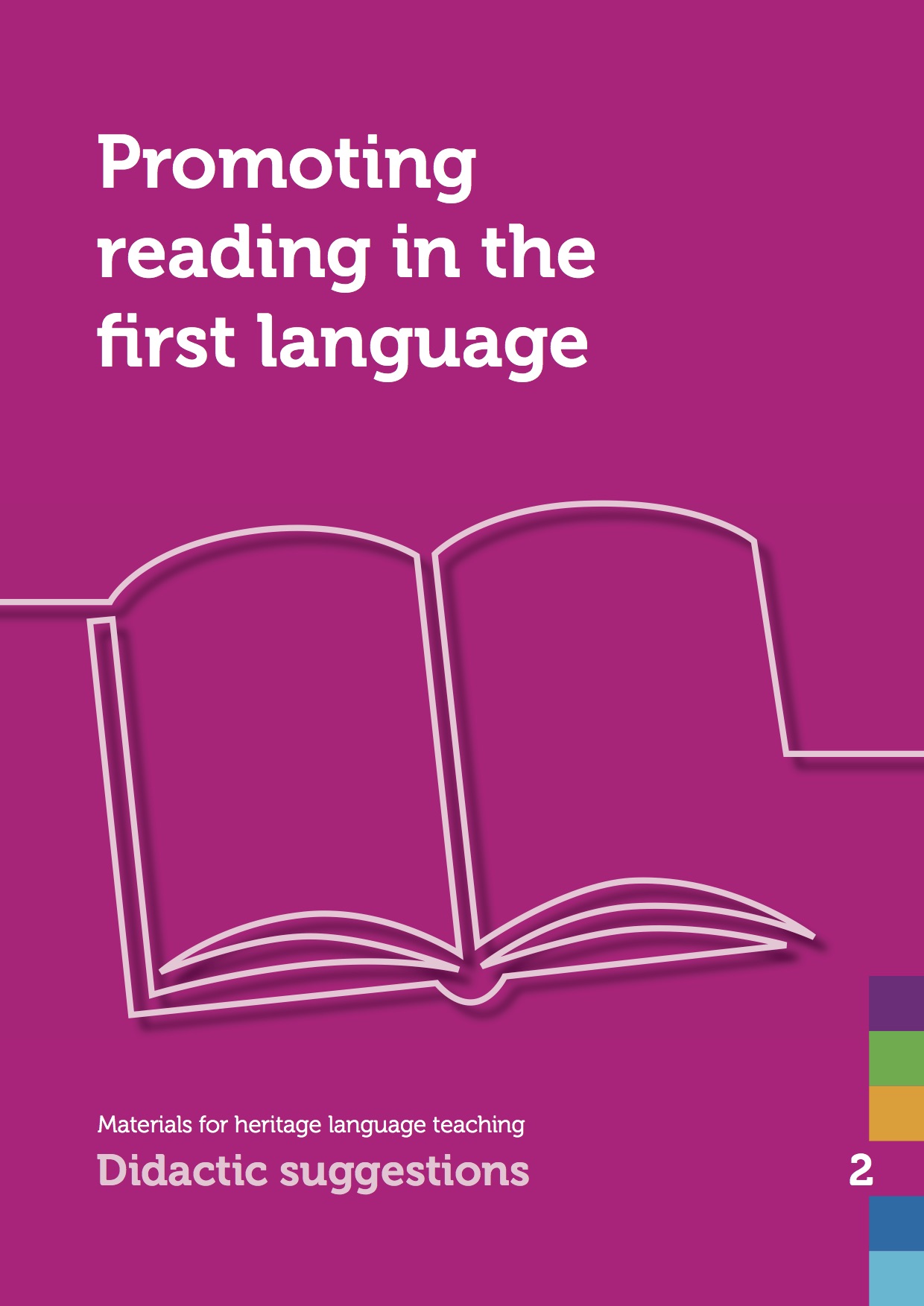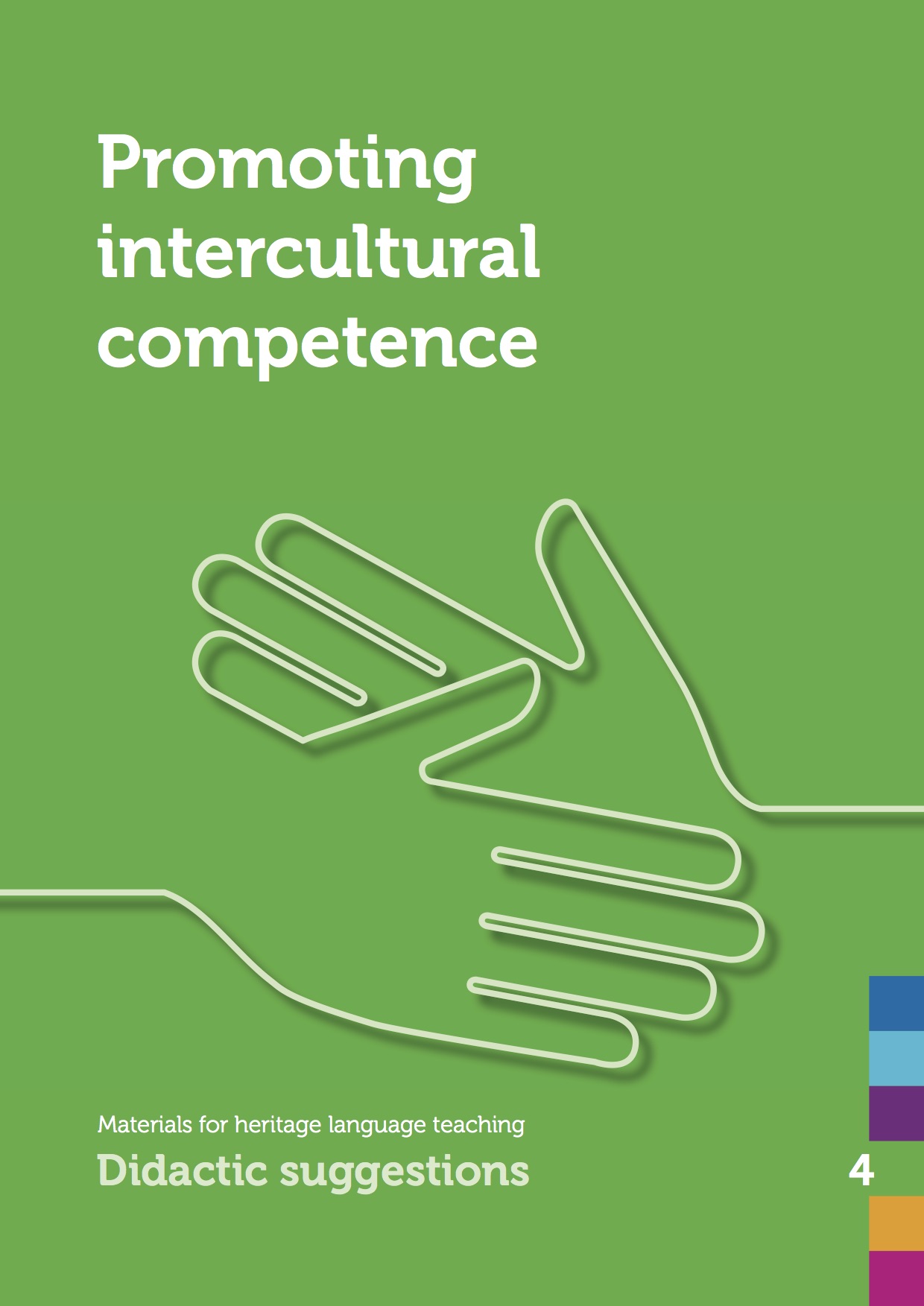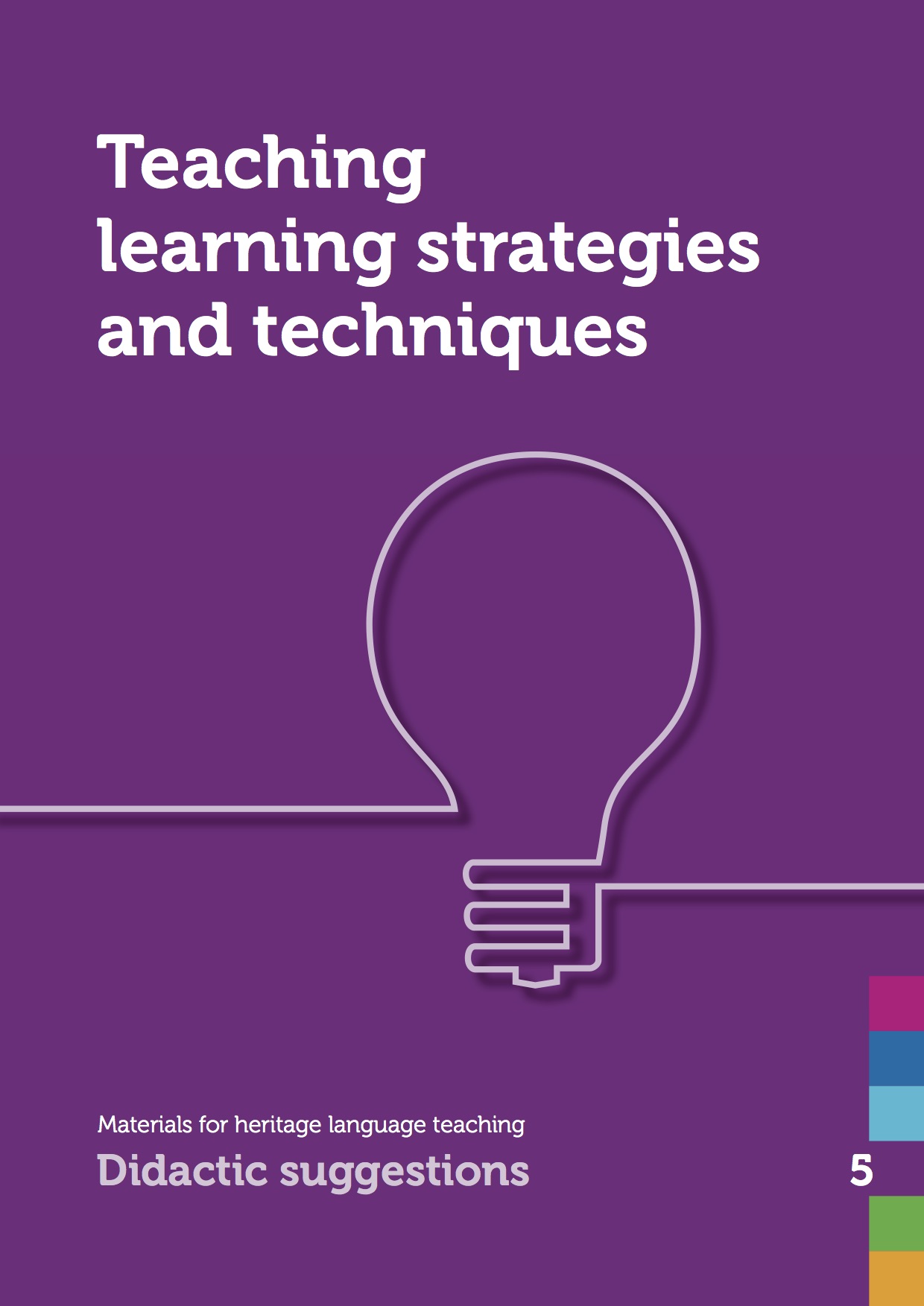This page shows you how to solve a few frequent problems with writing.
- When you have absolutely no idea about what you could write or when you have difficulties with building and structuring your text, then see page M12 «Planning, writing and revising a text»!
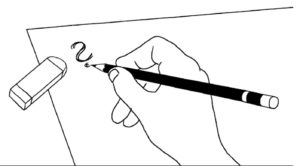
Problem 1
I have difficulties writing in my mother tongue.
- When collecting ideas or writing a draft, you can also use words in the school language (e. g. German), if that is easier for you.
- If you have difficulties with dialect and the written version of your mother tongue or with correct forms, write the draft version in any way you can. Then discuss your draft with the instructor or with someone who has a good command of the written language. Have them explain to you what needs to be changed and why.
- Maybe the teacher will allow you to possibly write a shorter text, but as correctly as possible, or you may revise the first five sentences as correctly as possible.
- To ensure correct spelling, you should consult a dictionary in your language.
Problem 2
I cannot find an exciting beginning or an attractive introduction.
- It is important that your text have an interesting title, even before you write the first sentence! You should also structure presentations and longer texts with subtitles.
- In a factual text or a presentation, a short overview of the content is usually provided. This helps the readers or listeners to better orient themselves.
- Even a story or an experience can begin with an overview: «I want to tell you how once I …», «My story deals with …».
- However, a story can also begin «in the middle», which sometimes can have an exciting effect: «I was lying on the floor as if I were dead. What could have happened? Slowly I began to remember…».
- A question to the readers or the audience can sometimes also be an effective beginning: «Would you like to know what I experienced last summer? Listen to this! It was on a …».
Problem 3
I don’t know how and what I should continue to write.
- Read to someone or tell someone what you have written up to now, then discuss with this person how your text could continue.
- With a factual text or a presentation: consider a new aspect of your theme or a new sub-topic which you have not yet addressed.
- With a story: consider what the readers might want to know in greater detail. Write something about it. («Tom lay down on his bed and fell asleep.» → «You probably would like to know what Tom’s bed and room looked like? I am glad to tell you: …».)
- Read the last sentence of your text. Write another sentence where you refer to a word from this last sentence («Tom lay down on his bed and fell asleep.» → «He was sleeping soundly, until he suddently startled, because he remembered that…. ».)
Problem 4
I cannot find a good ending for my text.
- In a factual text, it is often good to write a short summary at the end («The most important points of my topic are …».)
- It is also good to offer a personal opinion at the conclusion of the text: «What I particularly like in terms of this topic, …», «In my opinion …».
- It is also possible to directly address the readers at the end: «I hope that it became clear what I wanted to say», «How would you have reacted in this situation?».

Problem 5
Help, my text is too short!
(See also problem 3 above!)
- With stories: invent a minor character (e. g. a cheeky mouse), that reappears again and again.
- Add an extra sentence or an extension to some of the sentences in your text (Example: «I was still very little at the time.» → «At the time, almost five years ago, I was still very little. I was at most six years old and had just started kindergarten.»
- Extend the clonclusion of the story. In a factual text, write a good summary, with a story, conclude with a personal opinion.


